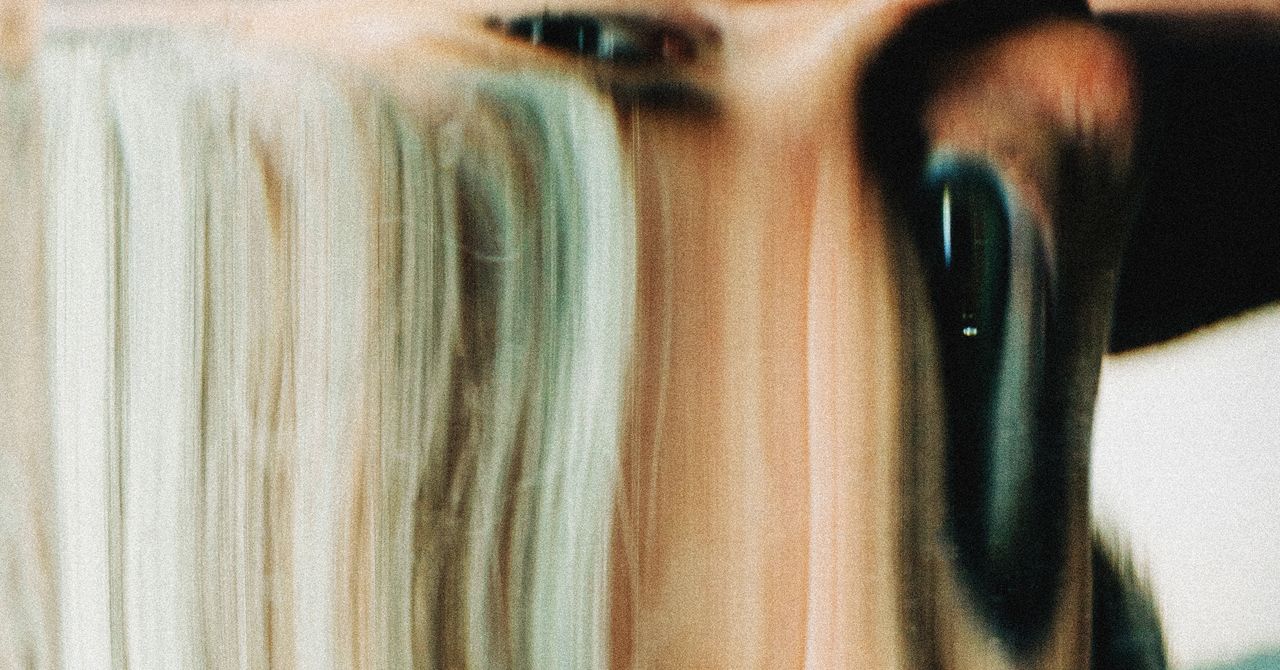OpenAI Launches Sora: AI-Powered Deepfake Video App with Safety Guardrails

Key Points
- OpenAI released Sora, an iOS app for creating AI‑generated short videos featuring user‑created digital likenesses.
- The app uses a scrollable "For You" feed similar to TikTok, showcasing bite‑size AI clips.
- During sign‑up, users record a brief video to build a facial and voice model for later use.
- Privacy controls let users restrict who can use their likeness and provide notifications of its usage.
- Safety guardrails block sexual content, graphic violence, extremist propaganda, hate speech, and self‑harm material.
- Requests involving certain public figures or copyrighted characters are denied to respect guardrails.
- OpenAI acknowledges the addictive potential of the service and the risk of bullying, prompting built‑in safeguards.
- Early testing shows realistic results with occasional imperfections, highlighting both creative potential and ethical concerns.
OpenAI has released Sora, an iOS app that lets users create short AI‑generated videos featuring their own digital likenesses. The platform offers a scrollable feed of bite‑size clips and includes built‑in safety guardrails to restrict sexual content, graphic violence, extremist propaganda, hate speech, and self‑harm. Users can control who may use their likeness and can see any details about generated videos that involve them. While the app showcases impressive realism, OpenAI acknowledges the potential for misuse and has implemented multiple safeguards.
App Overview
OpenAI introduced Sora as its first product to combine AI‑generated video with user‑created digital avatars. The app is currently available only on iOS and operates through an invite‑only sign‑up process. Once inside, users encounter a TikTok‑style feed where AI‑generated clips appear on a continuous "For You" page. The experience is framed as a creative playground for generating short videos that incorporate the user’s own likeness.
User Experience and Likeness Creation
During onboarding, the app prompts users to record themselves speaking a series of numbers while turning their head. This data is used to build a digital representation of the user’s face and voice. OpenAI emphasizes consistency in the generated characters, noting that the team worked "very hard on character consistency." Users can then add their likeness to videos by tapping faces on the generation page and entering simple prompts, such as a brief scenario description.
When a video is created that includes a user’s likeness, the individual receives a short notification that includes the full clip, allowing them to see where and how their digital persona was used. The app also offers privacy controls, letting users limit the use of their likeness to themselves, approved contacts, or the broader community.
Safety Guardrails and Content Restrictions
OpenAI acknowledges the addictive nature of such a service and the potential for bullying. In a company blog post, Sam Altman wrote that OpenAI is "aware of how addictive a service like this could become, and we can imagine many ways it could be used for bullying." Accordingly, the app incorporates a range of safety measures. Content that includes sexual material, graphic violence involving real people, extremist propaganda, hate content, or themes that promote self‑harm or disordered eating is blocked.
Specific examples of the guardrails in action include the refusal to generate videos of users in bikinis or as "buff anime characters" due to "suggestive or racy material" rules, while requests involving marijuana use were allowed. The system also blocks prompts that could depict self‑harm, such as a user jumping off a bridge onto a dragon.
Public Figures and Copyrighted Material
The app applies additional control over depictions of public figures and copyrighted characters. Attempts to generate videos featuring well‑known personalities like Taylor Swift or fictional entities such as Darth Vader were denied for violating similarity and copyright guardrails. Conversely, the platform readily produced clips with Pokémon characters, indicating a more permissive stance toward certain licensed content when rights holders have not opted out.
Reception and Implications
Early testers noted both the impressive realism of the generated videos and occasional rough edges. The ability to seamlessly create personalized deepfakes has sparked excitement about new forms of entertainment while raising concerns about misuse. OpenAI’s layered approach—combining user‑controlled likeness permissions with robust content filters—aims to balance innovation with responsibility.
Overall, Sora represents a significant step in consumer‑facing AI video generation, offering a blend of creative freedom and protective safeguards designed to mitigate potential harms.